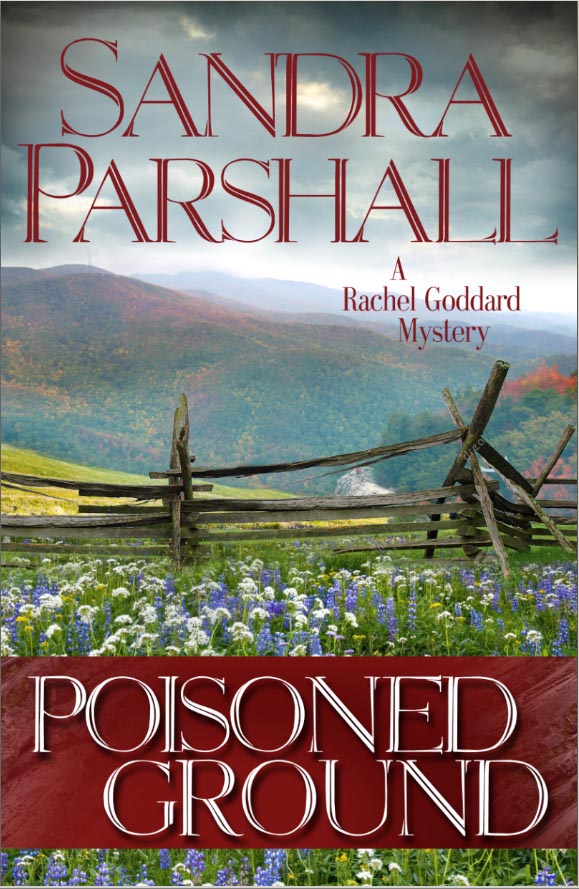Sharon Wildwind
The Stampede ended last night. The Folk Festival doesn’t kick off until July 25th. Oh, my, oh, my whatever shall I do for the next ten days? I mean, besides find my go-to-Folk-Festival pack; buy more sunscreen; and pre-listen to artists on the Internet so I can pick which ones I want to see in person?
Maybe I should check in to see if anything new happened in the writing world while I was enjoying corn dogs on the midway.
Oh, yeah, something happened. The cuckoo called. Have you been following this? Here it is in a nutshell: a detective novel was published in London. It got great reviews, and a ho-hum reception as far as a commercial success. It was so good that Richard Brooks, the Sunday Times’ art editor got suspicious that the author could not possibly be, as claimed on the book jacket, an ex-military police officer turned writer. How he went about finding the author’s real identity is described here.
The search involved a secretive tipster who disappeared afterwards from the Internet; computer analysis of text; and and about 24-hours of Internet sleuthing. On Thursday he had an idea and got a tip; on Friday he sent an e-mail to the suspected author asking her to fess up; on Saturday he had an affirmative answer; and on Sunday he published a piece in the Sunday Times.
The answer? Robert Galbraith is in fact J. K. Rowling. Sorry for the spoiler, but you were bound to find out sooner or later.
Thursday the book was doing ho-hum in the bookstores. Sunday, bookstores in London were sold out and The Cuckoo’s Calling had shot to #1 on the Amazon best-seller list in both the US and UK.
Why in the world is it almost required that, at some point, writers publish under pseudonyms?
It doesn’t happen to sports figures. Yes, both Cassius Clay and Wilt Chamberlain changed their names, but that was a matter of personal beliefs, not a requirement in the boxing or basketball worlds.
It doesn’t happen to musicians. Simon and Garfunkel are still Paul Simon and/or Art Garfunkle, even though their musical styles have taken several turns of the years.
It doesn’t happen to artists. Jackson Pollock’s first name was Paul, but his middle name really was Jackson, so I guess he was entitled to use it.
Okay, so maybe movie stars pick a new name—years ago the studios picked it for them— but once they make the change, they stick with it. John Wayne never went back to Marion Morrison; Cary Grant abandoned Archibald Leach; and Tallulah Bankhead stuck with her real name, one I’ve always thought was one of the sexiest names going.
Over the years here’s advice I’ve heard from other writers about not writing under your own name
- Change your last name so that your books will be shelved in book stores and libraries next to a best-selling author.
- Do an Internet search. If your real name is identical or very similar to another author, change it.
- The reason that many writers don’t become successes is that they don’t take advantage of name numerology. Pick a name that guarantees success because of it’s numerical qualities. Do not ask me what these are. I’d already concluded the author and I weren’t on the same planet, so I wasn’t paying attention.
- If you write children’s books and adult books you absolutely must write under pseudonyms, so that children won’t pick up one of your adult books by mistake.
- If you write in two genres, say science fiction and mystery, you must write each genre under a different name.
- If you write more than one series in the same genre, you must write each series under a different name.
- A woman writer has two choices: at least, write under initials only; at best, write under a man’s name. (Thank goodness this attitude has died out in some quarters.)
The two most irritating (and frequent) comments from my friends are, “You’re self-published, of course.” (No, I’m not.) and “What name are you writing under?” (My own, thank you very much.)
So here’s the question. What makes writers different? Why do people want us to write under fictitious names?
------
Quote for the week:
The author of the Iliad is either Homer or, if not Homer, somebody else of the same name.
Aldous Huxley, (1894 – 1963), English writer, editor, and pacifist










2 comments:
Sharon, most of the pseudonymous authors we know didn't make a choice but had a publisher make it for them. I kept my "Z" name for my fiction because I wanted everyone to know it was me who'd finally gotten published--but I really have suffered from having my books hidden away at the end of the bottom shelf (or nowhere if the "W"s fill up the bottom shelf. JK Rowling is another story. I read her literary novel, The Casual Vacancy and found it very competent but not lovable, probably because she didn't give the reader a protagonist to empathize with. I have no trouble believing she wanted to know if she was really as good as her success with Harry Potter suggested she was--and from the comments of readers who got to The Cuckoo's Calling before she got outed, it seems she really is. I hadn't heard of the book till the story broke, but yes, I'm one of the millions of readers eager to try it for $11.99 on Kindle once I heard the news. I also know enough about today's publishing to know that if she'd published under her own name, a lot of readers who were disappointed by The Casual Vacancy, including me, might not have bought it, even though the new one is in a different genre and entirely different in tone. We may be irritated by the name game in publishing, but we can't afford to blow it off.
My husband and I had the same discussion about would the reviews have been different if reviewers had known who she was, and we agreed that they would have probably been much tougher on her.
I don't have any problem with what she did, I just think it's odd that writers are the only artistic people who have to contend with this identity assault on a regular basis.
Post a Comment